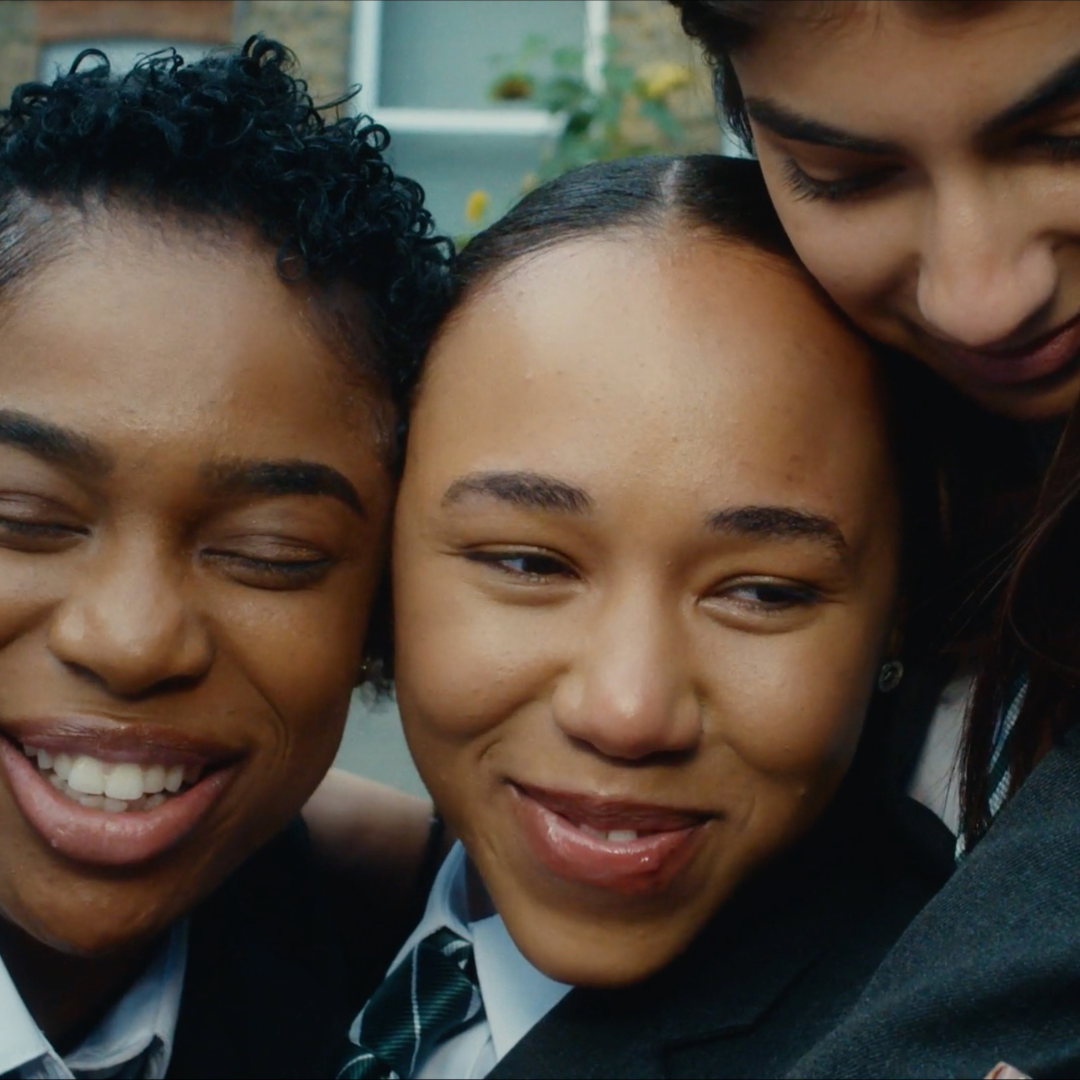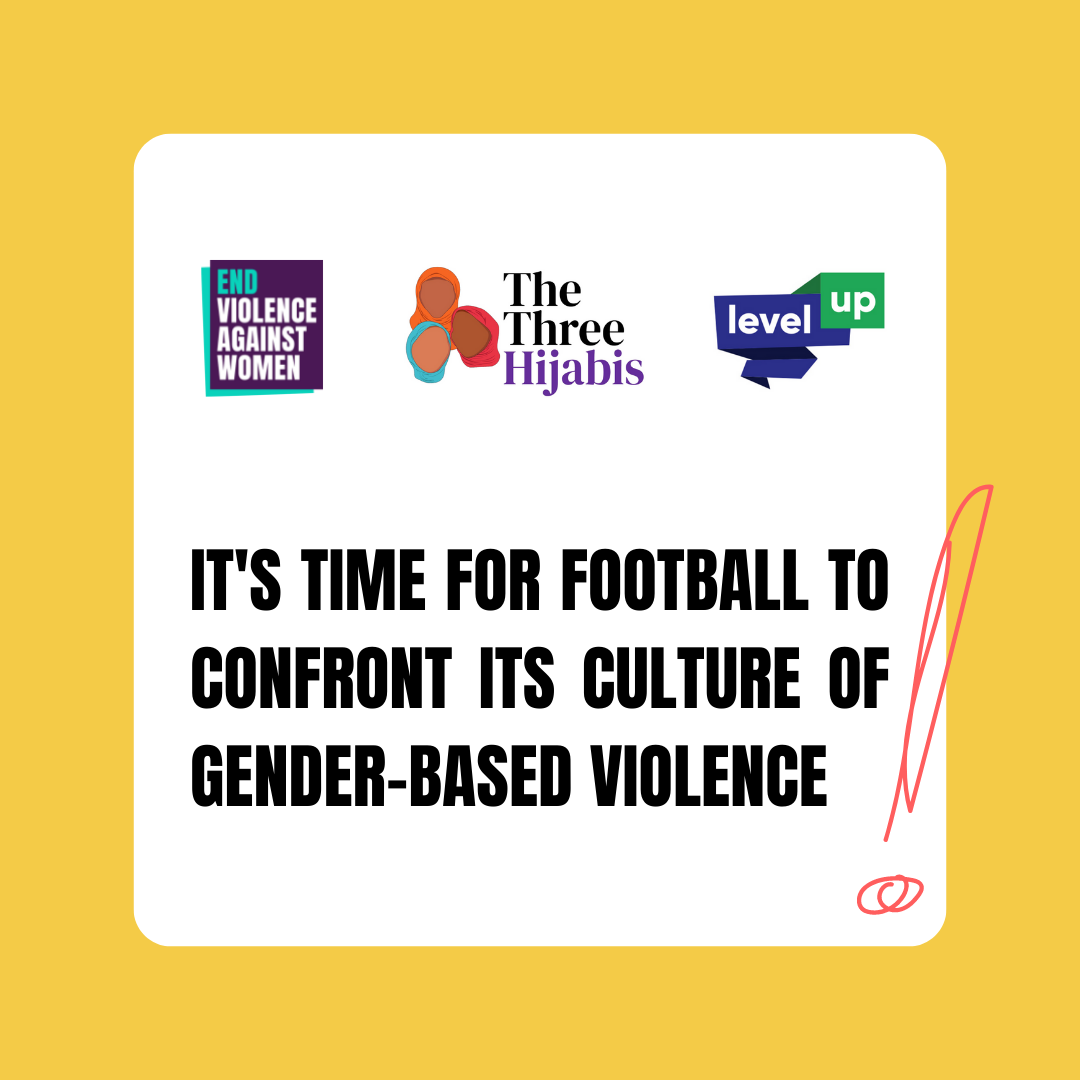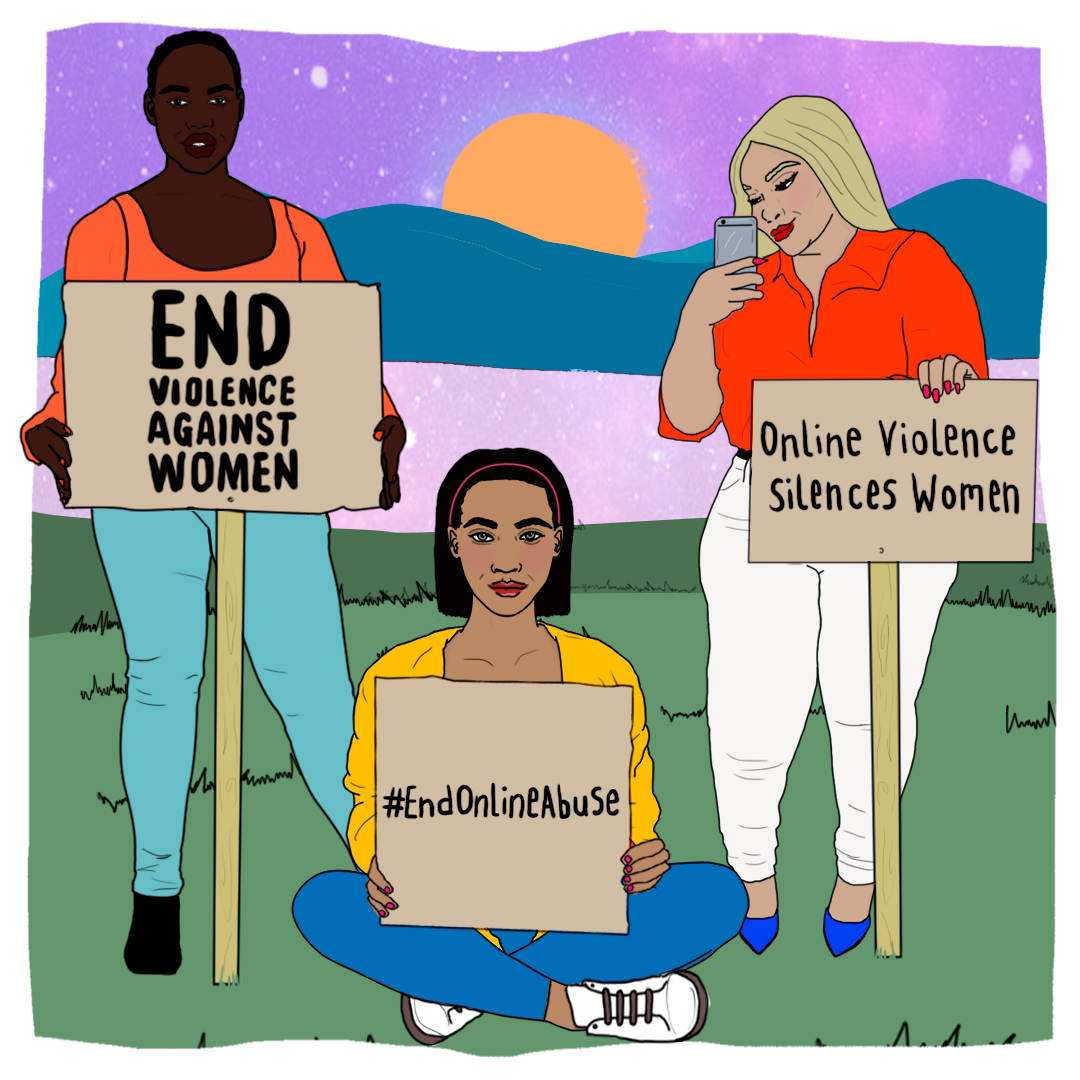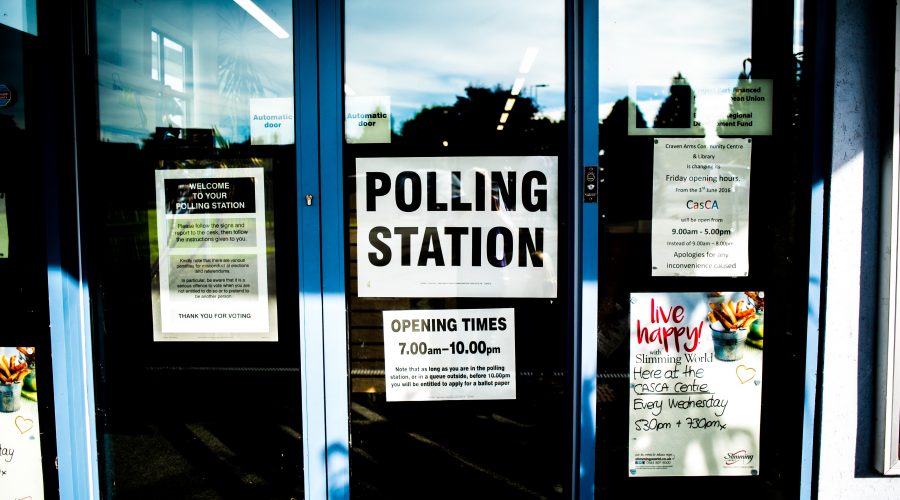
What do the party manifestos say about ending Violence against Women & Girls?
For this General Election, the manifestos and spending documents produced by the Conservative, Labour, Liberal Democrat and Green Parties all contain pledges to tackle violence against women and girls. We have summarised these here.
We have also written to the party leaders asking specific questions about policy on ending abuse. You can read our letters here, where we will also publish any replies we receive
The Manifesto for Women and Girls
On 12 December 2019 people across the UK will vote for their local Member of Parliament in a general election.
This general election offers an opportunity for all political parties to explicitly support equality for women. Women’s lives have changed significantly in the last 50 years but there is still lots of work to do.
The ‘Manifesto for Women and Girls’ builds on our collective experience to recommend how the next government can:
1. End Violence Against Women and Girls
2. Secure Equal Representation
3. Promote Equality at Work and Home
4. Invest in Public Services that Work for Women
5. Lift Women and Children out of poverty.
You can download the ‘Manifesto for Women and Girls here: Women and Girls Manifesto General Election 2019 It is supported by 29 organisations.
As a coalition of women’s organisations EVAW have also written to the party leaders asking them to tell us how, if elected they will:
1. Commit to renewing the cross-government Violence Against Women and Girls Strategy in 2020.
2. Ensure we have legislation which protects and supports all victims of domestic abuse and enables the ratification of the Istanbul Convention, with specific measures for BME and migrant survivors.
3. Make a high-profile priority of the ongoing ‘end to end’ Rape Review of the criminal justice system’s response to sexual violence which began in March 2019, so that survivors of sexual violence can be confident that there is real commitment to access to justice.
4. Ensure that every woman who needs support to escape or recover from domestic and sexual violence can access a specialist service, as well as trauma informed therapeutic support and counselling, by providing sustainable funding for the expert women’s support sector and ring-fenced funding for specialist services run ‘by and for’ BME and migrant women.
5. Appropriately resource and champion the roll-out of high-quality Relationships and Sex Education in all our schools.
6. Ensure there is clear legal duty on employers to prevent sexual harassment, including third party harassment; and step up work to prevent the on and offline abuse of women elected to public office, especially BME women who are disproportionately targeted. We also strongly recommend that Government online harms work goes ahead and introduces a regulator with teeth which can hold tech companies to account.
7. Ensure that all our public services – including the criminal justice system, welfare, housing, schools, health and immigration departments – make tackling violence against women and girls a clear, resourced priority.
As the letter states:
“Violence against women and girls is not inevitable, but it is enduring because it relates to women’s persistent inequality. This election is taking place at a time of crisis in the criminal justice response to rape – even though more women than ever are coming forward to report to the Police, just 1.5% of cases are being prosecuted. Domestic abuse homicides are at their highest level for 5 years, reports of sexual harassment are reaching epidemic levels in our workplaces and education institutions, and many women MPs are leaving political careers citing online abuse and threats of violence against them as factors. These issues are deeply related and require urgent action by an incoming government.”
We will publish any responses here on our General Election 2019 Campaign Page.
OTHER CAMPAIGNS




